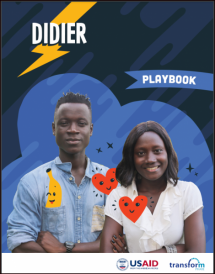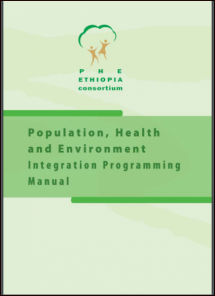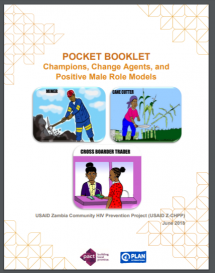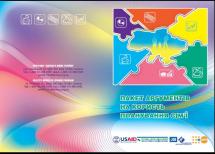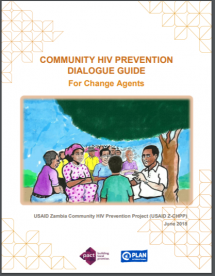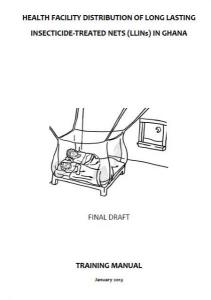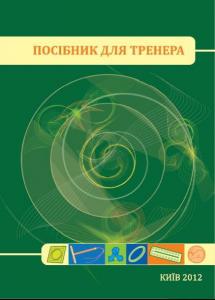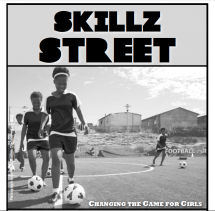Innovations Lab – Pere Burkinbila Implementation Manual
The Pere Burkinbila taught fathers how to educate their sons on reproductive health and also challenge male-oriented social norms and practices.
Fathers’ clubs were organized and participants trained on RH, gender, communication and contraception. House visits helped support the fathers in the process, as did the clubs, where fathers share their experiences and their concerns. The implementation manual is complemented by three flip-charts.
Source: PSI
Date of Publication: March 1, 2021
SIMILIAR RESOURCES
Tools
Examples
- Intersectionality: Race, Gender and Other Aspects of Identity in Social Work with Young People
- Intersectionality 101
- What Does it Mean to Leave No One Behind? A United Nations Development Programme Discussion Paper and Framework for Implementation
- 10 Best Resources on Intersectionality with an Emphasis on Low- and Middle-Income Countries
- Toolkit for Transition of Care and Other Services for Adolescents Living with HIV
- Men's Reproductive Health Curriculum
- Community Pathways to Improved Adolescent Sexual and Reproductive Health: A Conceptual Framework and Suggested Outcome Indicators
- Engaging Men and Boys in Family Planning: A Strategic Planning Guide
- Essential Considerations for Engaging Men and Boys for Improved Family Planning Outcomes
- Training Resource for Male Condoms

